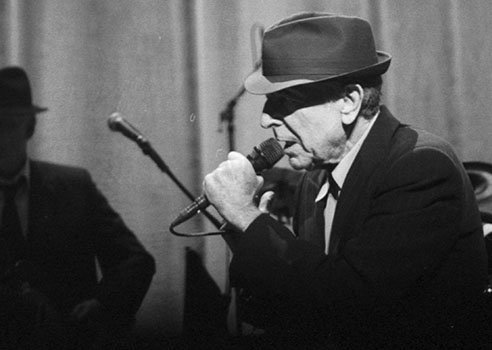Word count: 243 words
Reading time: About 1 minute
Increase your vocabulary and you’ll make your writing much more precise. That’s why I provide a word of the week. Today’s word: trilby.
I had a Danish boyfriend when I was young and I learned a little about the culture but not enough to recognize the word trilby, when I read it in a Lauren Collins article, headlined “Danish Postmodern” in the January 7/13 New Yorker. (I’m afraid the article is “locked” but you can see an abstract here.)
[An article in the Times of London] covered Danish society (according to scientists, Danes are the world’s happiest people), Danish fashion (“a leather trim here, a matelot stripe and an edgy trilby there”), Danish decor (“Go monochrome”), and Danish sperm donation (last year, more than five hundred British women were artificially inseminated in Denark — an ad for one clinic read, “Congratulations, it’s a Viking!”).
But the etymology of trilby is fascinating. It originated with the novel Trilby, by George du Maurier, published in 1894. The heroine was named Trilby O’Ferrall and in the stage version of this book, she wore this type of soft felt hat. Incidentally, the noun Svengali — meaning someone who exercises a controlling or mesmeric influence on another, especially for a sinister purpose — also comes from the same novel. He is a hypnotist who makes the title character a famous singer.
I think I’ll try to read Trilby this year!


